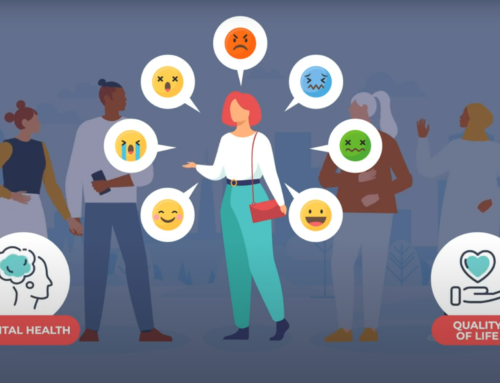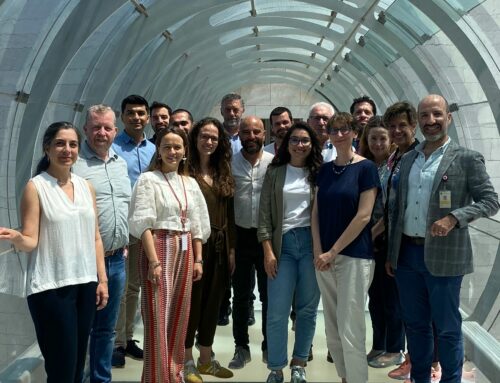Cancer Survivorship
The term “cancer survivorship” has been coined to define the period after the completion of treatment, irrespective of an individual being cancer free or not.
Cancer survivorship can be experienced in a diverse range of ways. For some, this can mean that symptoms persist for more than 10 years after treatment has finished. For others, it can mean defining new roles in life, or new relationships with those that you have known. But fundamentally, cancer survivorship is coming to terms with a new reality.
Depression and cancer-related distress
One of these new realities relates to a person’s mental health. This includes not just sometimes feeling depressed, but also coming to terms with distress resulting from having had cancer.
Being a survivor of cancer has many implications for a person’s quality of life. These can be physical, social, financial as well as psychological. For some survivors, long-term deficits arising out of treatment can be life limiting when returning to a normal life. Therefore, they place an enormous strain and stresses on an individual. Sources of distress also include the actual long-term iatrogenic effects of treatment itself, which may negatively affect quality of life and mental health.
Once they complete cancer treatment, many survivors report feeling alone and lonely when access to the intensive support provided during treatment is no longer available. Important psychological challenges in the long term can include difficulties in adjusting to professional and social relationships, returning to work, and uncertainty about the future. Fear of reoccurrence can also lead to anxiety and distress.
Certainly, feelings of fear, grief, anger and loneliness can dissipate for many. However, for some cancer survivors these emotions may led to depression. Therefore, cancer treatment and recovery should include healing the mind in addition to the body.
The FAITH Project will be looking at how best to support the cancer survivor to come to terms with adjustments to life, following the end of treatment. In other words, how to offer intelligent post-cancer support for cancer survivors to improve their quality of life.
Authors: John Wells, Deirdre Mullane and Martina Gooney of the Waterford Institute of Technology (Waterford, Ireland).




